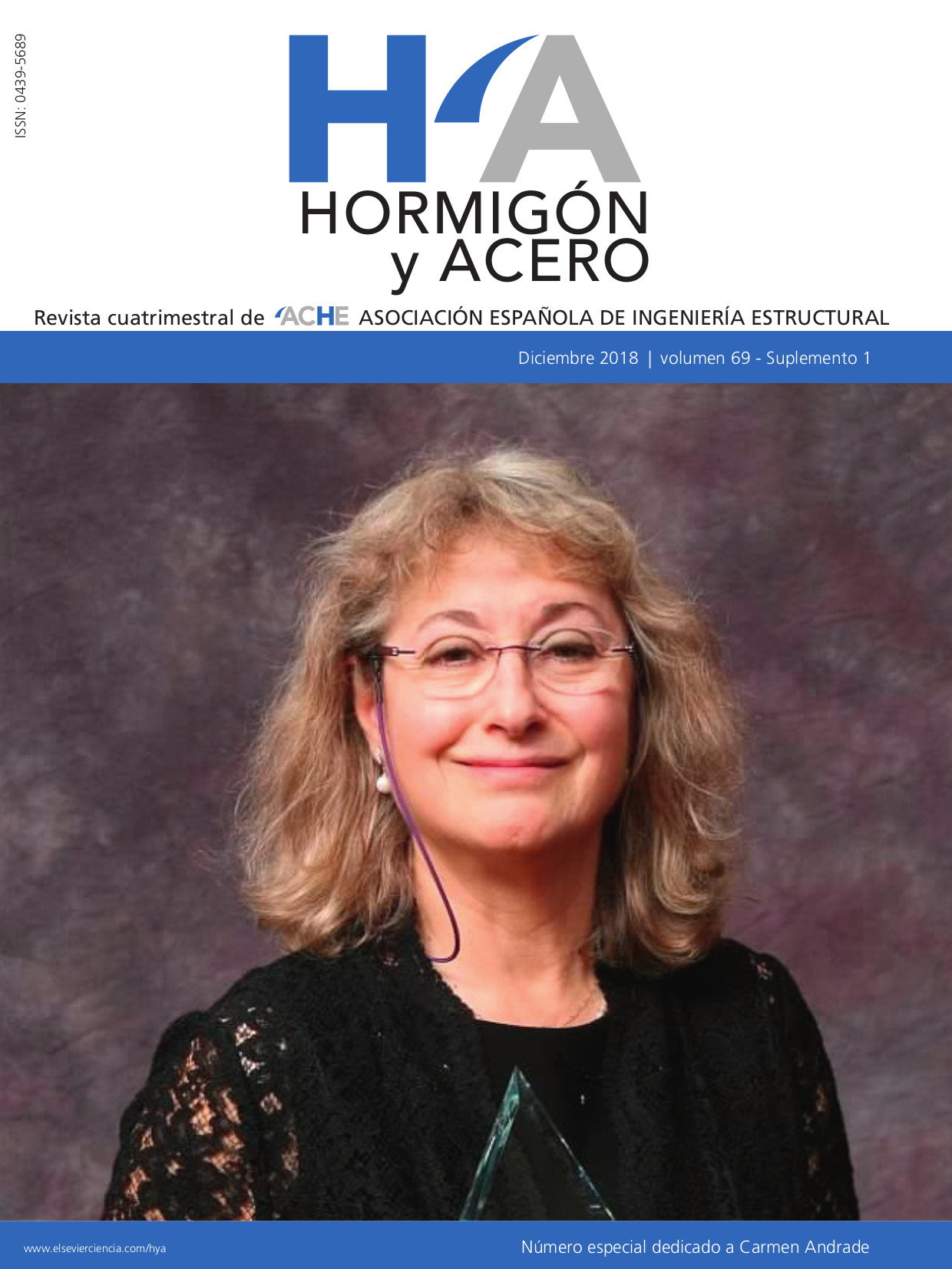Desde experimentos hasta diseño: una definición probabilística de formulaciones de diseño a partir de modelos de resistencia empíricos y semiempíricos
Resumen
La definición de las ecuaciones de proyecto a partir de modelos resistencia empírica o semiempírica es una cuestión de importancia para la ingeniería estructural. En la práctica común, el proyecto segun los estados límites prevee la aplicación directa de factores de seguridad parciales a la resistencia de los materiales, con el fin de obtener formulaciones de dise˜no coherentes con un nivel de fiabilidad prescrito. Como los modelos empíricos o semiempíricos se calibran ajustando los coeficientes empíricos para adaptarse a un conjunto de datos experimentales, la aplicación de factores de seguridad parciales a las propiedades de los materiales por sí sola no permite una estimación correcta de la fiabilidad estructural.
En el presente trabajo se propone una metodología basada en el método de Monte Carlo para la calibración probabilística de modelos de resistencia empírica y semiempírica. Su aplicación relacionada con la calibración probabilística del modelo semiempírico para la estimación de la resistencia a tracción de superposiciones y anclajes en estructuras de hormigón armado es reportada y comentada.

